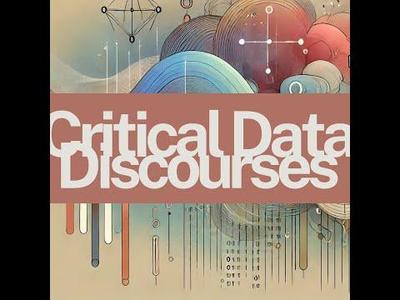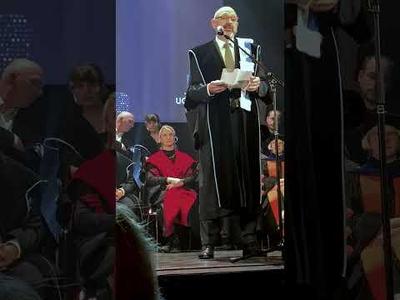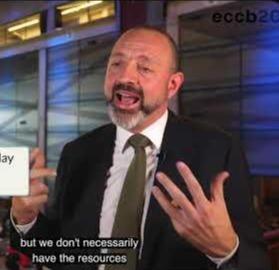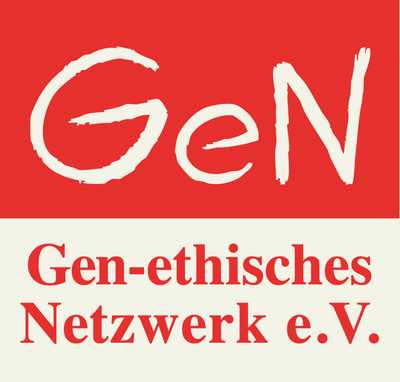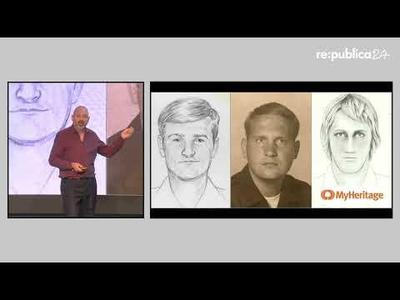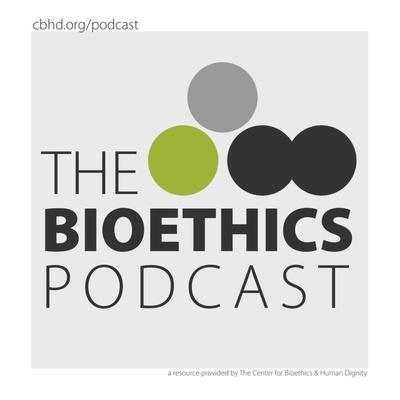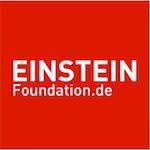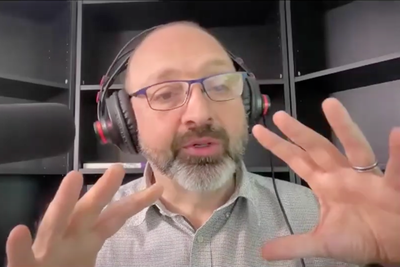
🔬 Fireside Chat: AI, Genomics & the Ethics of Technology
Yves shares his journey from engineering and neural networks to bioinformatics and drug discovery, and his growing preoccupation with the social consequences of technology. From his work with Carta Academica — a Belgian academic network engaged in public debate — to his activism against the misuse of forensic genetics, Yves offers a compelling vision of what it means to be a scientist with conscience.
